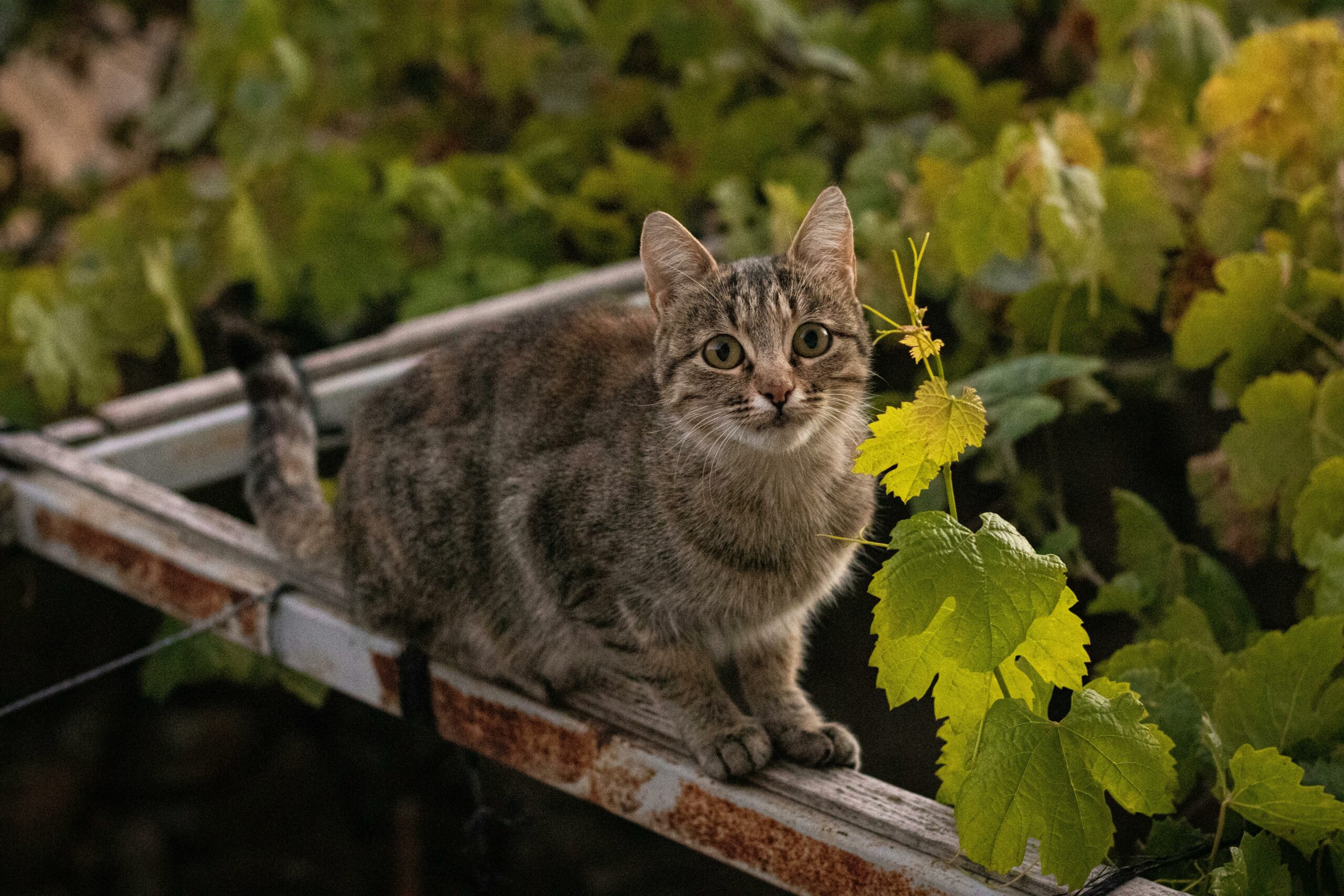It’s National Animal Poison Prevention Week; learn what plants, products can poison your animal

COLUMBIA, Mo. — National Animal Poison Prevention Week, March 17-23, is a time for pet owners to assess what plants and products can potentially poison their animals, identify signs they’ve been poisoned and learn how to prevent pet poisoning.
It is also a good time to remind livestock owners of springtime dangers of potential poisons, such as toxic plants, fertilizers, herbicides and other pesticides, as well as old batteries, junk piles and burn piles in barns and pastures.
Tim Evans, University of Missouri Extension state specialist in animal health and veterinary toxicology, suggests pet and livestock owners look around their homes, barns, storage sheds and pastures to identify potential toxic dangers to their animals.
As always, your veterinarians can be a helpful source of information on these hazards. Two major veterinary poison control centers are also available: the ASPCA Animal Poison Control Center and the Pet Poison Helpline, offering consultations about suspected intoxications for a fee. Free resources include the ASPCA checklist and Pet Poison Helpline to alert you about potential hazards in your homes, garages and yards.
Items considered toxic to animals include but are not limited to:
- Foods such as avocados, chocolate, caffeinated beverages, grapes and raisins, onions and alcohol.
- Household products such as bleach, carpet cleaners, essential oils, disinfectants, batteries and ant or roach traps.
- All prescription and over-the-counter medications, cough drops, vitamins and supplements, air fresheners, lotions, sunscreens, deodorant, perfumes, candles, toilet water, flower bouquets, cigarettes and potpourri.
- Garage items such as paint, solvents, herbicides, ice melt products, antifreeze, gasoline, insect repellant and lighter fluid.
- Outside items such as traps with bait, fly traps, fertilizers, bird seed, suet and slug and snail bait.
“With respect to livestock, your local veterinarians remain an excellent source of information on toxic hazards around your barns, storage facilities, pens and pastures,” Evans said in a press release. “And your local extension personnel can also help in the identification of potentially toxic plants and appropriate ways to address fertilizer application and weed and insect control.”
The label is the law, Evans added, and should be strictly followed any chemical applications such as herbicides and fungicides for mixing, application and pasture withdrawal times.
Miss Clipping Out Stories to Save for Later?
Click the Purchase Story button below to order a print of this story. We will print it for you on matte photo paper to keep forever.

